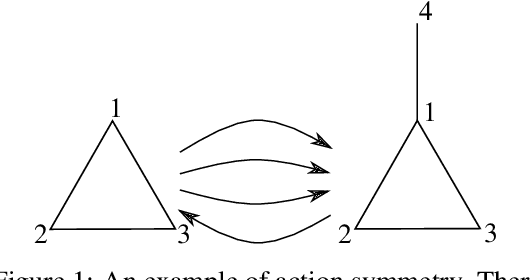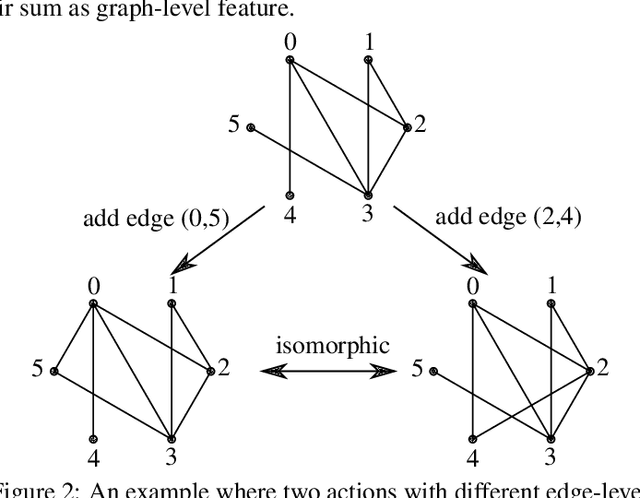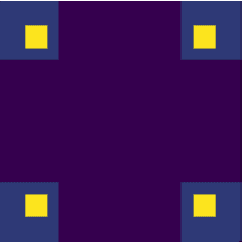George Ma
Do Sparse Autoencoders Identify Reasoning Features in Language Models?
Jan 09, 2026Abstract:We investigate whether sparse autoencoders (SAEs) identify genuine reasoning features in large language models (LLMs). Starting from features selected using standard contrastive activation methods, we introduce a falsification-oriented framework that combines causal token injection experiments and LLM-guided falsification to test whether feature activation reflects reasoning processes or superficial linguistic correlates. Across 20 configurations spanning multiple model families, layers, and reasoning datasets, we find that identified reasoning features are highly sensitive to token-level interventions. Injecting a small number of feature-associated tokens into non-reasoning text is sufficient to elicit strong activation for 59% to 94% of features, indicating reliance on lexical artifacts. For the remaining features that are not explained by simple token triggers, LLM-guided falsification consistently produces non-reasoning inputs that activate the feature and reasoning inputs that do not, with no analyzed feature satisfying our criteria for genuine reasoning behavior. Steering these features yields minimal changes or slight degradations in benchmark performance. Together, these results suggest that SAE features identified by contrastive approaches primarily capture linguistic correlates of reasoning rather than the underlying reasoning computations themselves.
Baking Symmetry into GFlowNets
Jun 08, 2024



Abstract:GFlowNets have exhibited promising performance in generating diverse candidates with high rewards. These networks generate objects incrementally and aim to learn a policy that assigns probability of sampling objects in proportion to rewards. However, the current training pipelines of GFlowNets do not consider the presence of isomorphic actions, which are actions resulting in symmetric or isomorphic states. This lack of symmetry increases the amount of samples required for training GFlowNets and can result in inefficient and potentially incorrect flow functions. As a consequence, the reward and diversity of the generated objects decrease. In this study, our objective is to integrate symmetries into GFlowNets by identifying equivalent actions during the generation process. Experimental results using synthetic data demonstrate the promising performance of our proposed approaches.
A Canonization Perspective on Invariant and Equivariant Learning
May 29, 2024



Abstract:In many applications, we desire neural networks to exhibit invariance or equivariance to certain groups due to symmetries inherent in the data. Recently, frame-averaging methods emerged to be a unified framework for attaining symmetries efficiently by averaging over input-dependent subsets of the group, i.e., frames. What we currently lack is a principled understanding of the design of frames. In this work, we introduce a canonization perspective that provides an essential and complete view of the design of frames. Canonization is a classic approach for attaining invariance by mapping inputs to their canonical forms. We show that there exists an inherent connection between frames and canonical forms. Leveraging this connection, we can efficiently compare the complexity of frames as well as determine the optimality of certain frames. Guided by this principle, we design novel frames for eigenvectors that are strictly superior to existing methods -- some are even optimal -- both theoretically and empirically. The reduction to the canonization perspective further uncovers equivalences between previous methods. These observations suggest that canonization provides a fundamental understanding of existing frame-averaging methods and unifies existing equivariant and invariant learning methods.
 Add to Chrome
Add to Chrome Add to Firefox
Add to Firefox Add to Edge
Add to Edge